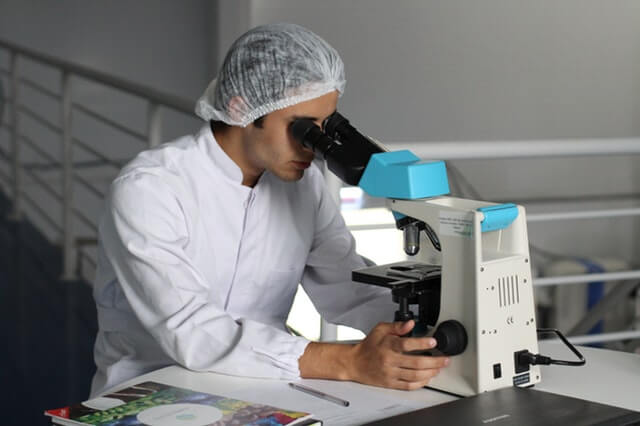
While venous treatment has come a long way from the early days of vein stripping, there are still steps we can take for improvement. New stem cell research done by scientists in Siberia have uncovered a possible link between stem cells and varicose veins. The team of knowledgeable, board-certified vascular physicians at Central Florida Vein & Vascular Center are interested in what this new research could mean for varicose vein treatment.
This research was conducted by scientists at the Siberia-based Institute of Chemical Biology and Fundamental Medicine (ICBFM). Their studies show stem cells could potentially restore blood flow in veins with developed clots. How does this affect varicose veins? Let’s look at how varicose veins form and what happens when they remain untreated.
In your legs, there are vein valves that pump blood upward against the flow of gravity. These valves aren’t perfect. They weaken over time and become unable to properly circulate blood, causing it to pool in the vein, and the swelling then creates a varicose vein. This pooled blood, when left untreated, can begin to clot—and the clot can travel to the lungs. It’s important to address varicose veins early to prevent this worst-case scenario.
Learn the Basics of Varicose Veins
This new research points to new ways to restore that proper blood flow. The goal is to use stem cells to accelerate how fast blood vessels grow. Igor Mayborodin from ICBFM states, “We’ve looked into blood flow restoration in situations where there are a lot of blood clots. Now we’re trying to use stem cells to stimulate the growth of veins and bypass the diseased area.”
What could this mean for treatment in the future? The ability to use stem cells in treatment could help specialists better treat venous insufficiency and any potential complications. These include varicose veins, blood clots that lead to vein blockages, and possibly types of trophic ulcers and cerebral strokes as well. As you can imagine, this could offer potentially life-saving treatment to many who experience venous insufficiency.
The side effects found aren’t harmful and are actually a better result than the scientists had planned to see. Mayaborodin explains that, “Some of the stem cells die, and then macrophages are attached to the site, [which are] ‘ingester’ cells capable of actively engulfing and digesting the remains of dead cells.” Why is this a good thing? He says, “This is what helps get rid of damaged tissue quicker and heal. This is a good result.”
While these initial results are exciting and promising, there are no plans to open this up as a treatment option to the public just yet. As with any research, it’s crucial to confirm that treatment is safe and effective. The scientists at ICBFM have received a patent and are continuing their state-funded research.
Their current plan is to continue refining their research and check for any potential complications for treatment. They will also move forward with testing the results of stem cell treatment through clinical trials with patients who have severe varicose veins. After they’ve taken the necessary steps to guarantee this treatment will work for venous insufficiency, we may see another shift toward even better vein treatment in the future.
While it is an exciting time for the future of varicose veins, there’s no need to wait to receive great vein care. Varicose veins can be painful—and, if left alone, they can cause blood clots or venous ulcers. Modern vein treatment is quick, easy, and minimally invasive so that you can jump back into your daily life. Treatments can be done within the span of a lunch break. And, if cost has been a concern, you may be surprised to hear that most insurance plans will cover the cost of varicose vein treatment.
A vein specialist will be able to determine which vein treatment will work best for you. If you see a specialist at the Central Florida Vein & Vascular Center, your crafted treatment plan won’t include any invasive surgery. Compression stockings and small lifestyle changes may be more than enough for some patients. For others, Endovenous Laser Treatment, which applies heat to the veins, may be suitable, or Sclerotherapy, which uses a sclerosing agent to collapse the varicose vein. Either way, treatment is easy and effective.
The vascular physicians in Orlando at Central Florida Vein & Vascular Center are excited to see what improvements may be made to vein care after the scientists at the Institute of Chemical Biology and Fundamental Medicine accomplish more ground-breaking research. Until then, we’re here and available to address any current concerns you may have about your vein health.
If you’re experiencing aching, heavy, tired legs, or have visible signs of varicose veins, please stop in and visit our specialists. We’ll address any concerns, assess the current state of your veins, and craft a treatment plan that will be most effective for your needs. We have four locations in Ocoee, Kissimmee, The Villages and Oviedo so that you can see us wherever is most convenient. Schedule a consultation with one of our specialists today by calling 407-545-3385 or 352-658-5547. We will be more than happy to help you on your journey toward healthier veins.